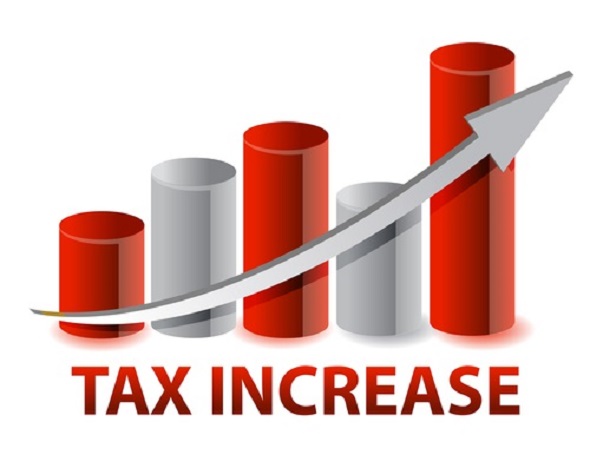|
by Marva Bledsoe, Business & Community Political Action Committee (BACPAC) “Prop 13” is very near and dear to California property owners. Since its passage in 1978, talk of change to the law consistently raises the ire of state tax payers. Jeff Wyly from Merdian, a nationwide political consulting and public affairs firm, recently reported to the Chamber’s Emerging Issues Committee that the idea of a “split roll property tax” change to “Prop 13” is again under discussion in committee at the state legislature. What does a “split roll property tax” mean? According to the California Taxpayers Association, California’s current system of property taxation under Proposition 13 uses an acquisition-value standard: county assessors determine a property’s value when it goes through a change in ownership or undergoes new construction, and tax is assessed at 1 percent of this value, plus a rate for voter approved indebtedness. Thereafter, the taxable, or assessed, value of property may increase annually by the lesser of the rate of inflation or 2 percent.
Under a “split roll property tax”, not all properties on the assessment roll are treated equally. For example, split roll may require businesses to pay property taxes at a rate higher than the rate imposed on homeowners. Under the discussions currently underway at the State legislature, commercially or corporately owned property (with multi-family residential units exempted) would be reassessed every year to market rate taxes. While these discussions may not go anywhere this time, “Prop 13” continues to be a lighting rod for those who are looking for ways to increase state tax revenues. And, in the end, changes will mean business will end up paying more. The Oceanside Chamber of Commerce is on record in opposition to “split roll property tax” and continues that position today. Comments are closed.
|
Categories
All
Archives
December 2023
|
|
|
|
|


 RSS Feed
RSS Feed
